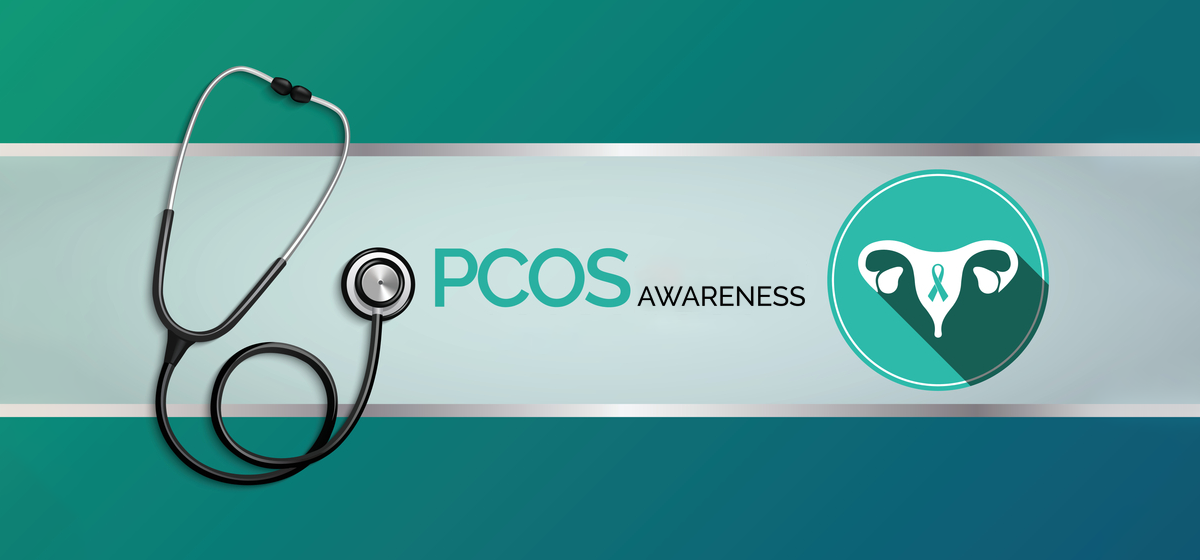Painkillers are among the most commonly used medications worldwide. Whether it’s for a headache, muscle pain, or chronic conditions, these drugs provide much-needed relief. However, many people wonder, are painkillers harmful? While they are effective when used correctly, excessive or long-term use can lead to serious health risks.
In this blog, we will explore the potential dangers of painkillers, safe usage guidelines, and alternatives to pain relief.
Types of Painkillers & Their Risks
Painkillers are categorized into two main types:
- Over-the-counter (OTC) Painkillers – Easily available without a prescription, such as paracetamol (acetaminophen), ibuprofen, and aspirin.
- Prescription Painkillers – Stronger medications like opioids (morphine, codeine, oxycodone, tramadol) are prescribed for severe pain.
While these medications provide effective relief, excessive or improper use can lead to health complications, including dependency and organ damage. So, are painkillers harmful? Let’s look at the risks.
Side Effects of Painkillers
1. Liver Damage (Acetaminophen/Paracetamol)
Paracetamol is widely used for fever and mild pain, but high doses can cause liver toxicity. Taking more than the recommended dose, especially when mixed with alcohol, can lead to liver failure.
2. Stomach Issues (NSAIDs – Ibuprofen, Aspirin, Naproxen)
Nonsteroidal anti-inflammatory drugs (NSAIDs) like ibuprofen and aspirin can cause gastric ulcers, acidity, and stomach bleeding, especially when taken on an empty stomach or for a long time.
3. Kidney Damage
Regular use of NSAIDs can reduce blood flow to the kidneys, leading to kidney dysfunction over time. People with pre-existing kidney disease should be cautious when using these medications.
4. Addiction & Dependency (Opioids)
Opioid painkillers like morphine, oxycodone, and tramadol can be highly addictive. Long-term use can lead to opioid dependence, withdrawal symptoms, and in severe cases, overdose.
5. Increased Risk of Heart Problems
Some painkillers, especially NSAIDs, have been linked to an increased risk of heart attacks and strokes when used in high doses over extended periods.
Safe Use of Painkillers: How to Minimize Risks
Painkillers should be used with caution to avoid complications. Follow these safe usage tips:
✔ Follow Dosage Instructions – Never exceed the recommended dosage mentioned on the label or prescribed by your doctor.
✔ Avoid Long-Term Use – If pain persists for weeks, consult a healthcare professional instead of relying on painkillers.
✔ Take with Food or Water – NSAIDs should be taken after meals to reduce the risk of stomach ulcers.
✔ Avoid Alcohol – Combining painkillers, especially paracetamol, with alcohol increases liver damage risk.
✔ Know Your Health Conditions – People with liver, kidney, or heart disease should consult a doctor before taking painkillers.
✔ Don’t Mix Medications – Some painkillers interact with other drugs, increasing the risk of side effects.
Natural Alternatives to Painkillers
If you’re concerned about whether are painkillers harmful, consider natural pain relief methods that may help reduce the need for medication:
🌿 Turmeric & Ginger – Contains anti-inflammatory properties to help with joint and muscle pain.
🧘 Yoga & Meditation – Helps manage chronic pain conditions like arthritis and back pain.
💆 Massage Therapy – Improves blood circulation and reduces muscle tension.
🛀 Heat & Cold Therapy – Applying ice or heat packs can relieve swelling and pain.
🥦 Healthy Diet – Eating anti-inflammatory foods like nuts, seeds, and omega-3-rich fish can reduce pain naturally.
When to See a Doctor?
If pain persists despite taking painkillers, consult a healthcare professional, especially if:
🔹 The pain lasts more than two weeks.
🔹 You experience side effects like nausea, stomach pain, or dizziness.
🔹 Painkillers are no longer effective, indicating a need for alternative treatments.
🔹 There are symptoms of dependency on opioids.
Final Thoughts
So, are painkillers harmful? The answer depends on how they are used. When taken correctly and in moderation, painkillers are safe and effective. However, overuse, long-term dependency, and incorrect usage can cause serious health risks. To ensure safe pain management, always follow medical advice, explore natural alternatives, and be mindful of potential side effects.





